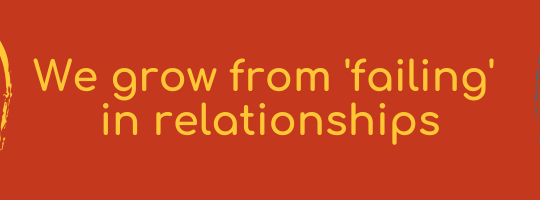1) Communicate openly and honestly with your partner
- discuss and agree what open honest communication looks like
2) Practice active listening and try to understand your partner’s perspective
- recognise your partner has different values, needs and desires from you
3) Show appreciation and gratitude towards your partner
- learn their love language and practice using it to express your love for them
4) Make time for eachother and prioritize your relationship
- Each relationship is unique so comparing won’t achieve anything
5) Practice forgiveness and work through conflicts and misunderstandings
- understand how you respond when your nervous system is activated and have strategies in place to regulate before engaging
6) Respect each other’s boundaries and needs
- actively seek their boundaries and help them figure them out if they don’t know
7) Nurture your own personal growth and individual interests
- prioritising your needs and advocating for yourself does not make you selfish
8) Practice self-care and prioritize your own well-being
- if you are not able to do this for yourself, codependency can slowly become toxic dependency
9) Widen your emotional support network with friends, family, or therapy
- your partner is not your entire world and that is not a responsibility one person should have
10) Have fun and keep the romance alive by trying new things and keeping the spark alive
- embrace the unknown and welcome change








